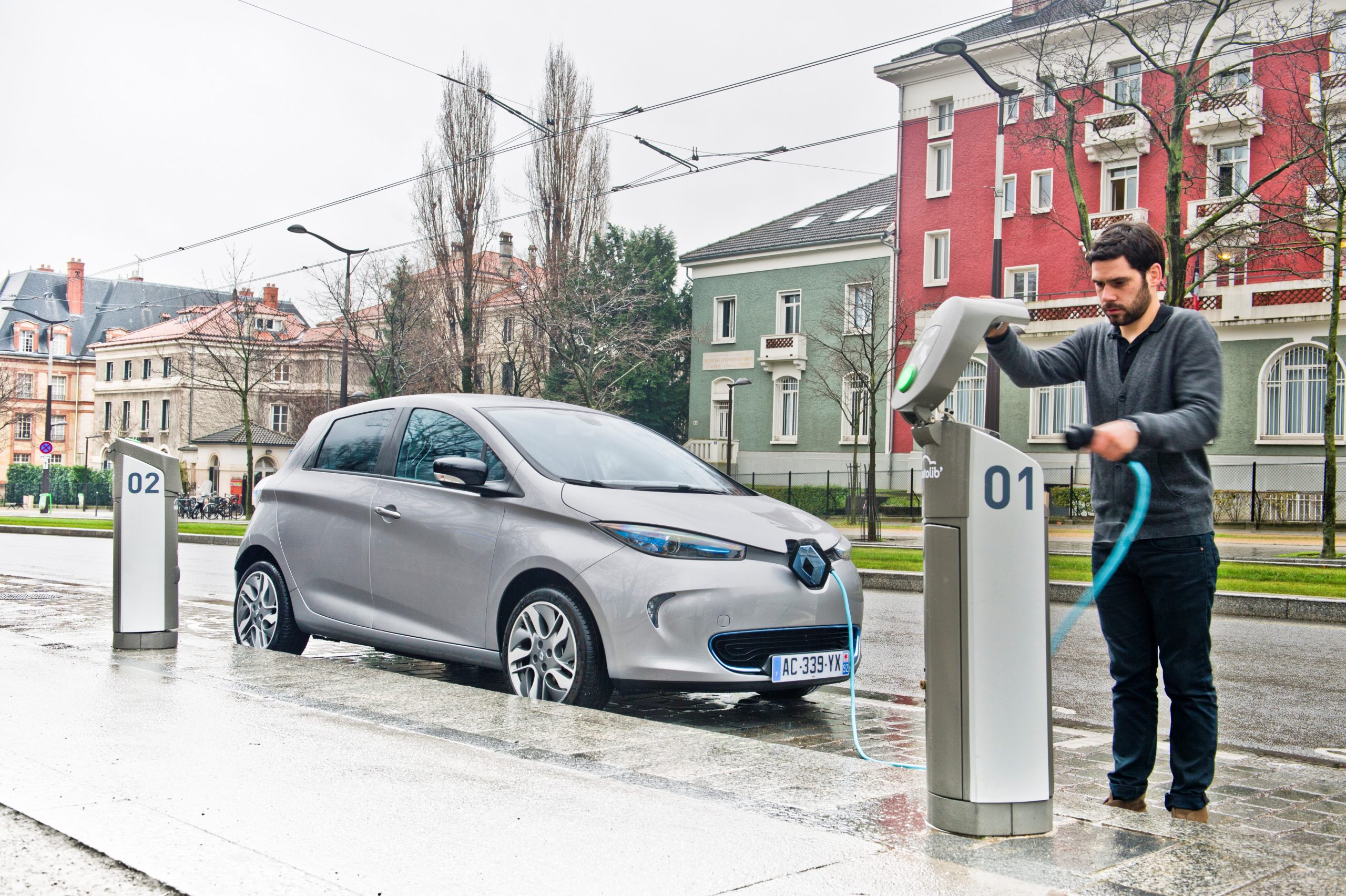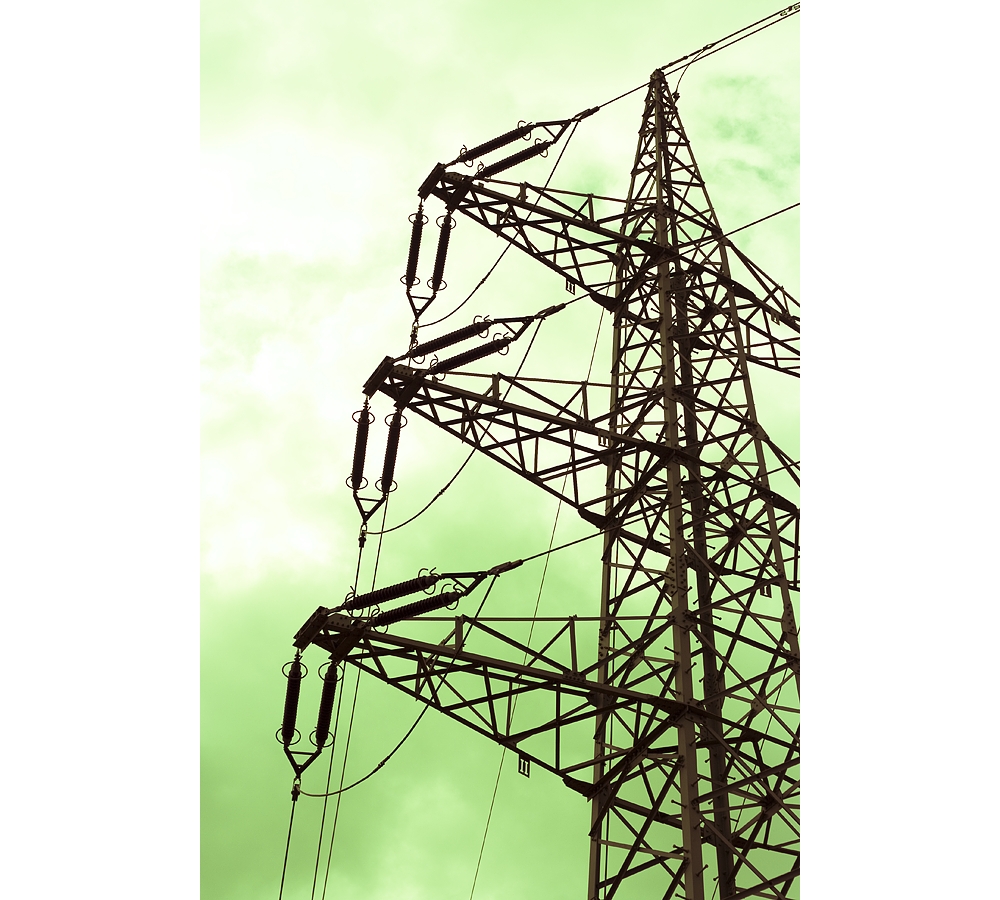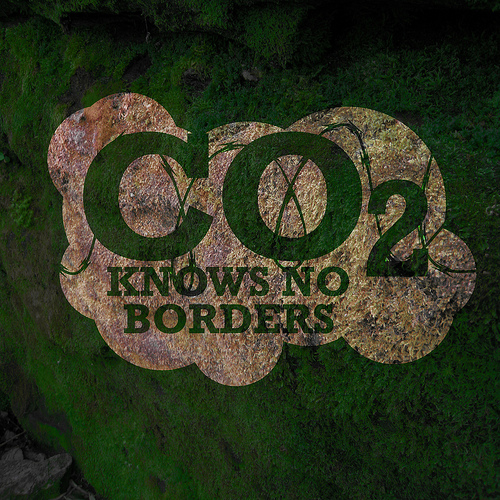VW’s recklessness has hardened the resolve of regulators
In a year when the auto-industry was rocked by the #dieselgate scandal we also learned Volkswagen distorted tests for fuel economy and CO2 emissions as well. It was not surprising; contrary to industry claims of progress on efficiency there had been no real-world progress for a third successive year.
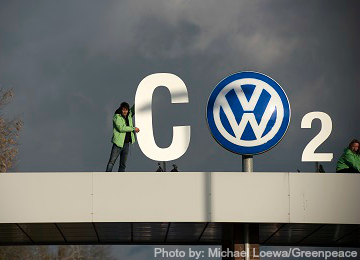
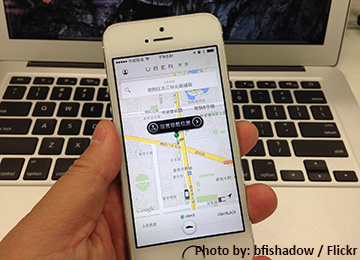
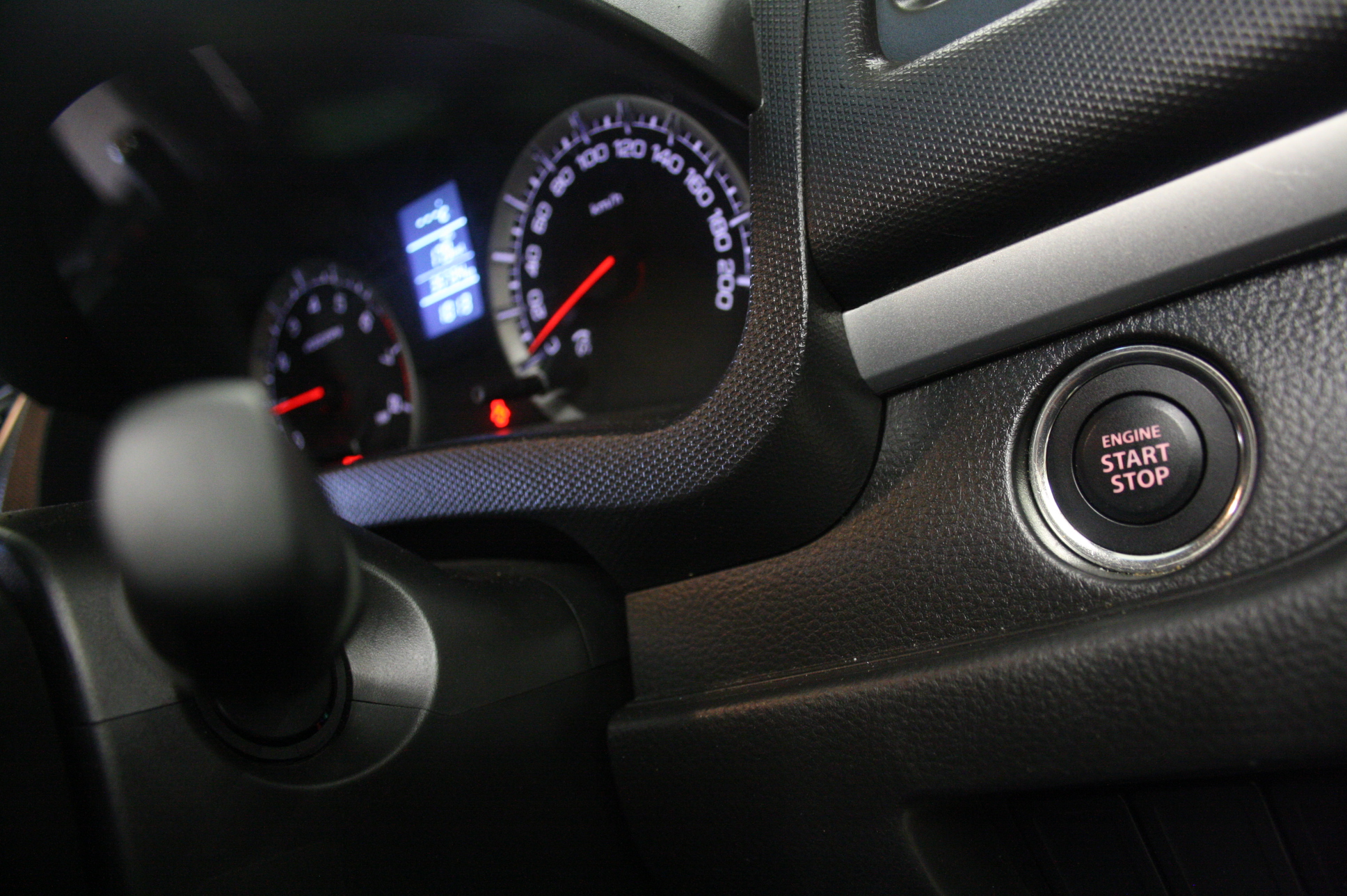
.jpg)

